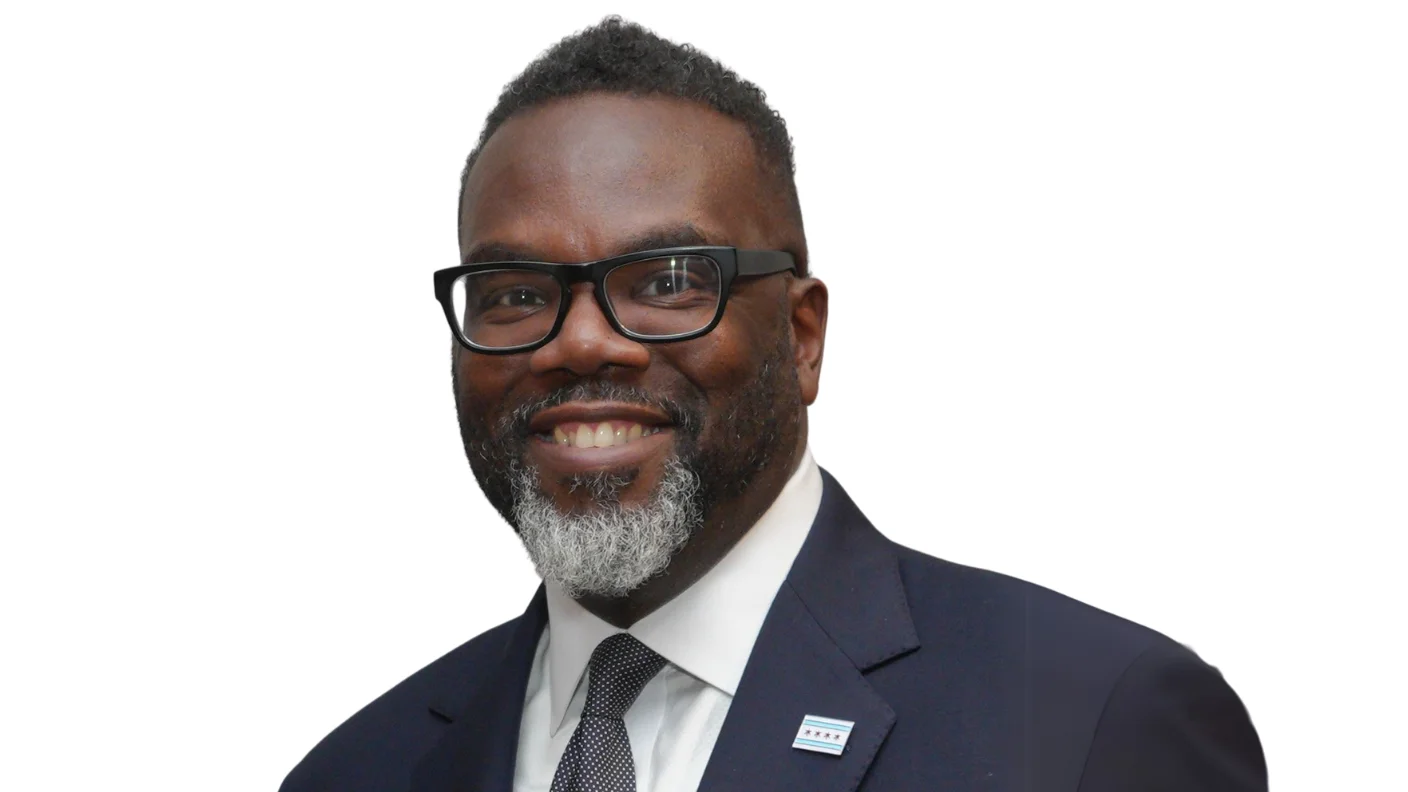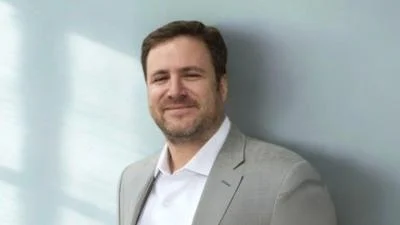Brandon Johnson Mayor | Chicago Contrarian
Brandon Johnson Mayor | Chicago Contrarian
Cook County’s property tax system has come under renewed scrutiny following the Cook County Democratic Party’s recent decision to remove County Assessor Fritz Kaegi. The move is seen by some as an attempt to shield Board President and Democratic Party Chair Toni Preckwinkle from criticism over the ongoing issues with a costly contract involving Tyler Technologies. The project, intended to modernize property tax assessments, has now cost $265 million and continues to experience delays.
During her 15 years as board president and seven years as party leader, Preckwinkle has faced criticism for not implementing significant reforms to the county’s property tax structure. Her leadership style has also been questioned, particularly regarding her efforts to unseat incumbents who oppose her policies. In the 2024 election, she supported Mariana Spyropoulos over Clerk of the Court Iris Martinez after Martinez released data on pre-trial release and court attendance related to the SAFE-T Act.
The dispute between Preckwinkle and Kaegi centers on delayed property tax bills. While Preckwinkle blames Kaegi's office for missing deadlines, Kaegi attributes the problems to persistent failures with Tyler Technologies’ software implementation. Five years ago, county officials considered ending their agreement with Tyler but chose instead to continue funding it despite mounting costs.
Cook County Treasurer Maria Pappas has also voiced concerns about the impact of these delays. She reports that her office is unable to distribute $216 million in funds or issue $56 million in refunds due to technical setbacks linked to the Tyler upgrade. As a result, taxpayers face additional penalties from late payments while awaiting their second installment bills.
Since 2007, property taxes in Cook County have increased by 78 percent—ten times faster than residential property values—forcing homeowners to pay an average of $2,558 more each year even as home values remain flat. In some south suburban areas, tax bills rose nearly 20 percent in 2025 alone, affecting Black families disproportionately and leading many residents to sell their homes due to affordability concerns. Illinois continues to have some of the highest property taxes nationwide (https://www.usnews.com/news/best-states/rankings/fiscal-stability/long-term).
Although Illinois law includes caps on property taxes, these limits do not apply uniformly across all municipalities or types of properties (https://www.lincolninst.edu/publications/articles/illinois-property-tax-caps). Home Rule cities like Chicago and counties such as Cook are exempt from many restrictions; reassessed or improved properties can still see increases; school districts may recover losses from appeals; revenue from late fees is excluded from caps; and rates tied to Tax Increment Financing (TIF) districts can rise without limit.
The growth of TIF districts has contributed further complications. Originally designed for development in underserved areas, TIFs now divert $1.8 billion annually from local tax bases (https://www.chicagotribune.com/politics/ct-met-chicago-tif-districts-20190114-story.html). Since 2019, Chicago Public Schools have received $1.9 billion through TIF surpluses on top of regular collections.
Efforts at relief have so far been limited: A recent program distributed only $15 million among about 13,600 homeowners while spending $1.4 million on administration costs—leaving most residents without assistance.
Critics point out that political connections play a role in maintaining this system. State Senator Bob Martwick serves as both Democratic Party Co-Chair and attorney before the Board of Review—a body responsible for handling tax appeals—and holds positions on committees that select judges overseeing these cases.
As Mayor Brandon Johnson faces budget shortfalls totaling at least $1.7 billion for Chicago and its public schools (https://blockclubchicago.org/2023/10/11/chicagos-budget-gap-is-at-least-538-million-next-year-and-will-grow-in-2025-officials-say), there are concerns that additional reliance on property taxes may be forthcoming rather than comprehensive reform.
“Toni Preckwinkle has had ample time and opportunity to simplify and reform this broken system,” reads a statement critical of current leadership practices regarding Cook County’s ongoing fiscal challenges.
With upcoming elections approaching, voters will soon decide whether those responsible for managing Cook County’s complex property tax apparatus should remain in office.






 Alerts Sign-up
Alerts Sign-up